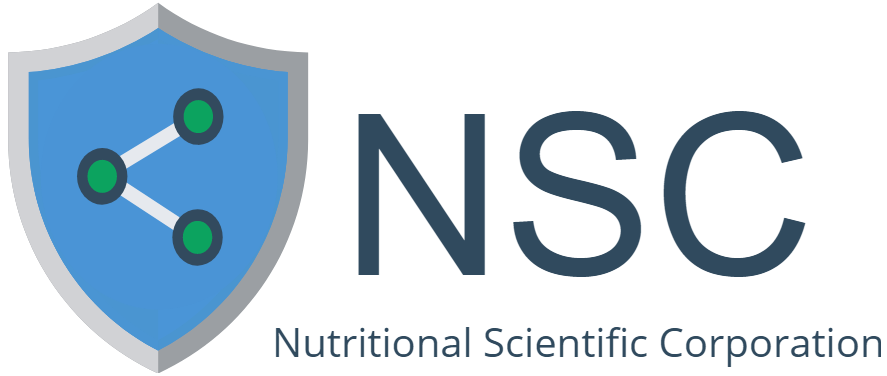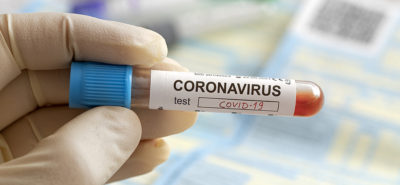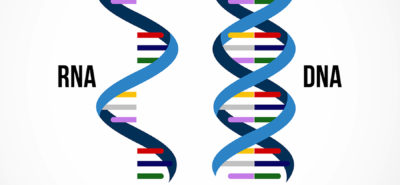Antibodies – What Are They? What Do They Do?
How does an antibody test prove we have had Covid-19? If positive, are we then immune? To understand what antibodies are, how they work and why they can forecast immunity (sometimes), we must have an understanding of what our immune system and cells are and how they offer protection.
Did you know about 20 trillion, or 1/5 of all your cells that comprise your body are immune cells? Those immune cells include the skin as your largest immune organ (keeps good things in and bad things out) and a complex organization of additional cells including B cells, T cells, Macrophages and many more. Your immune system attempts to recognize things made by your body (self) as distinguished by things trying to enter your body that are not made by the body (non-self).
The immune system ingests and then analyses these non-self microbes to see which are harmful known as pathogens and which are harmless to your health. The process involves a large set of immune cells classified as innate or non-specific. These white immune cells highlighted by macrophages throughout your body are your first line of defense and recognize, respond and hopefully react in a manner to resolve health issues by killing and removing harmful health invaders.
But some virulent pathogenic microbes, including viruses such as Covid-19 and influenza, bacteria, parasites and toxins, require additional testing by the immune system’s host defense (your body is the host). In these situations, a sophisticated form of immune response defined as “adaptive,” or “antigen-specific” occurs. So what is an antigen? Amazingly, every foreign non-self microbe has a unique one-of-a-kind form of “name-tag” known as an antigen. Antibodies, also called immunoglobulins are large Y-shaped proteins; a protein being a long-chained molecule built from small units known as amino acids.
The antibodies are the agents of the “humoral” or “adaptive” immune response. Amazingly, the body can produce an antibody for each of the estimated 10 billion different microbes. When the body first encounters a microbe, immune cells such as the macrophages, which are “apc” or antigen-presenting-cells, send a sample of an ingested microbe antigen to specialized B cells for determination whether the microbe is dangerous.
If the microbes analyzed are dangerous, antibodies are produced to recognize, attack, isolate and facilitate killing; often joined by other immune cells. Antibodies help neutralize and stop replication plus spreading of viruses such as Covid-19. Each microbe has a specific antigen name tag.
Antibodies, once produced for a specific pathogenic microbe, remember and recognize that name-tag. On detecting presence in the body, the antibodies attack immediately, while sounding an alarm to immune cells including T-cells that decline in number as with age. This initial antibody recognition and creation process usually takes 5 to 7 days, but once produced to attack a specific dangerous health invader, the antibodies after attacking and neutralizing, will retreat to be vigilant, but inactive.
Two situations occur: residual antibodies will remain on defense acting like “wanted posters” for outlaws; alerting killer immune cells on recognition to immediately respond prophylactically, meaning to protect before pathogen activation to prevent reproduction and spread. The unique antibodies for a specific pathogen, such as Covid-19, if present on testing, also are evidence certain dangerous microbes have been present in the body previously. For instance, if you have had Covid-19 you will have in your body specific antibodies produced only by Covid-19.
While an antibody test for Covid-19 can disclose who has previously had Covid-19, specific antibody presence may, but also may not, convey future immunity. We hope so, but viruses mutate frequently and vaccines produced for a certain virus strain, may or may not be effective on future mutations.
As a warning, if you have had Covid-19 but not been vaccinated with one of the approved Covid-19 vaccines, check with your professional health care provider before having a Covid-19 vaccine and take an antibody test. If your antibody test is positive there is a risk, difficult to determine and varying by individual, that your already existing Covid-19 antibodies from having had the virus could conflict with the vaccine Covid-19 antigens as they initiate new B-cell Covid-19 antibodies.
The characteristic of RNA viruses mutating is why the influenza viruses vaccine strains change annually, with flu shots containing 3 to 4 selected virus strains, including mutations; hoping these will be the strains occurring in a flu season to make the vaccine effective. Frankly speaking, be informed of the latest research while keeping your immune system in peak condition as a major defense to viruses and other pathogens, including the production of specific antibodies.






